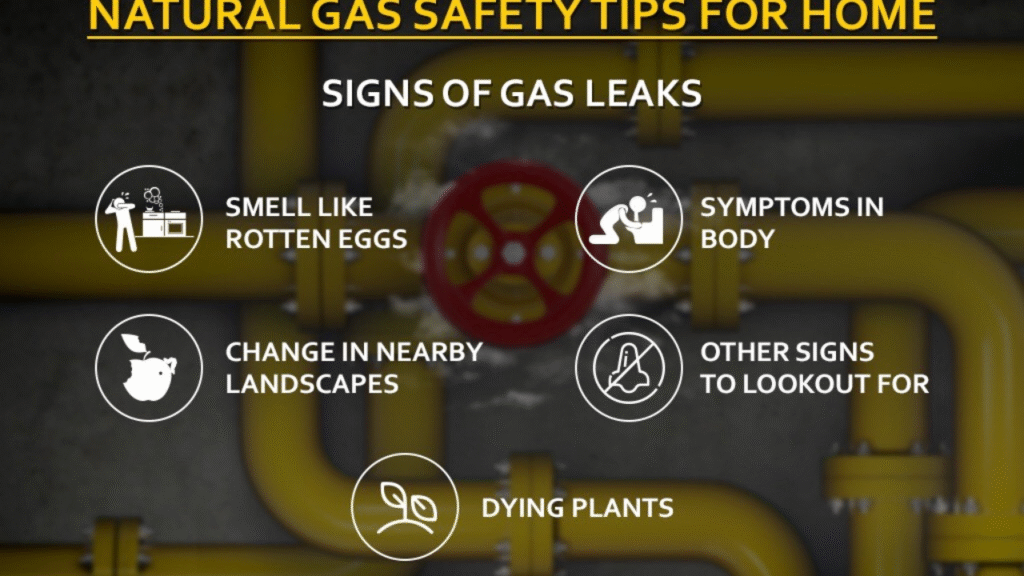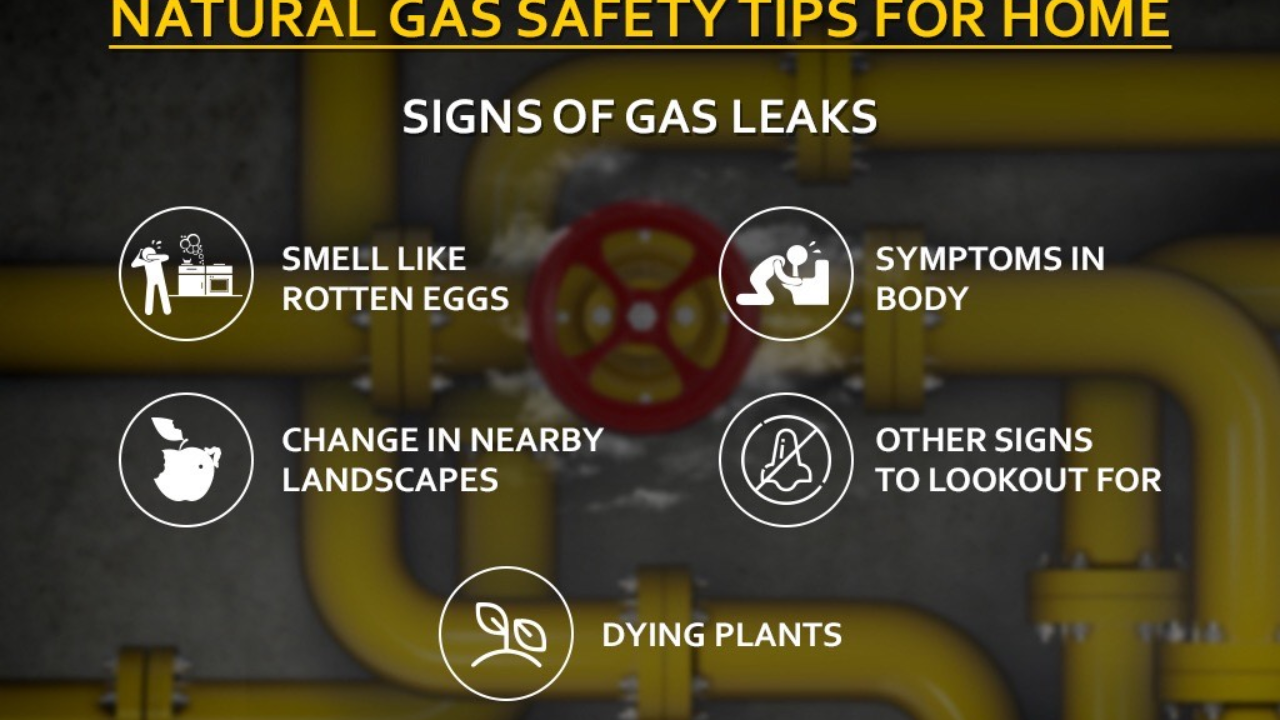
Gas appliances provide comfort and efficiency in many rental homes, but they can also pose serious hazards if not maintained correctly. For landlords, gas safety is not just a legal requirement—it’s a responsibility to protect tenants. For tenants, knowing how to identify and report potential problems is key to staying safe.
This guide outlines essential gas safety tips for both property owners and renters to ensure compliance, safety, and peace of mind.
Why Gas Safety Matters in Rentals
- Life-Saving Importance – Gas leaks and carbon monoxide exposure can be deadly if left unchecked.
- Legal Responsibility – Landlords are required to comply with gas safety laws.
- Property Protection – Proper maintenance prevents costly damage.
- Tenant Trust – Well-maintained appliances enhance satisfaction and reduce complaints.
Landlord Responsibilities
Landlords have a legal and moral duty to ensure that gas systems and appliances in their rental properties are safe. Key duties include:
- Annual Gas Safety Checks
All gas appliances, fittings, and flues must be inspected by a licensed gas technician at least once every 12 months. - Providing a Gas Safety Certificate
A copy of the gas safety check record must be given to new tenants before they move in, and to existing tenants within 28 days of the inspection. - Using Licensed Professionals
Only qualified, registered gas engineers should carry out installations, maintenance, and repairs. - Maintaining Appliances
Landlords must ensure all supplied gas appliances are in safe working order throughout the tenancy.
Tenant Responsibilities
While landlords bear the main legal obligations, tenants also play a role in maintaining gas safety:
- Report Issues Promptly – Any smell of gas, faulty pilot lights, or strange noises should be reported immediately.
- Allow Access for Inspections – Tenants must provide access for scheduled gas safety checks.
- Use Appliances Safely – Follow manufacturer instructions and never attempt DIY repairs.
- Check Ventilation – Ensure vents and flues are not blocked by furniture or other items.
Signs of Gas Problems
Being aware of warning signs can prevent accidents:
| Sign | Possible Issue | Action to Take |
|---|---|---|
| Rotten egg smell | Gas leak | Turn off supply, call emergency line |
| Yellow or orange flame | Incomplete combustion | Stop using and call a gas engineer |
| Soot marks around appliances | Poor ventilation or faulty burner | Arrange inspection immediately |
| Headaches or dizziness | Possible carbon monoxide exposure | Leave property and seek medical help |
| Hissing sound | Gas escaping from pipe or appliance | Shut off supply and call professional |
Preventive Safety Measures
- Install Carbon Monoxide Detectors – Place near sleeping areas and test monthly.
- Educate Tenants – Provide safety leaflets or instructions about gas use.
- Regular Maintenance – Schedule servicing for all gas appliances annually.
- Emergency Plan – Inform tenants of gas shut-off locations and emergency contacts.
- Record Keeping – Maintain detailed maintenance and inspection logs.
Overview Table
| Area | Landlord Duty | Tenant Duty |
|---|---|---|
| Annual Safety Check | Hire licensed gas engineer | Allow access for inspection |
| Certificate Provision | Provide gas safety certificate to tenants | Keep a copy for reference |
| Appliance Maintenance | Ensure supplied appliances are safe | Report any faults promptly |
| Carbon Monoxide Safety | Install and maintain detectors | Test alarms regularly |
| Ventilation | Keep vents/flues clear of obstructions | Do not block ventilation |
| Emergency Procedures | Provide emergency contact info and shut-off location | Know and follow the emergency plan |
Legal Consequences for Non-Compliance
Failing to follow gas safety regulations can lead to:
- Fines and Penalties – Authorities may impose heavy fines on non-compliant landlords.
- Invalid Insurance – Insurance claims may be denied if safety checks are neglected.
- Tenant Compensation – Legal claims from tenants affected by unsafe gas systems.
- Criminal Liability – Serious breaches leading to injury or death can result in prosecution.
What to Do in an Emergency
- Turn off the gas supply at the main valve.
- Open windows and doors for ventilation.
- Evacuate the property immediately.
- Call the emergency gas line or fire department.
- Do not use electrical switches, phones, or naked flames until safe.
Conclusion
Gas safety in rental properties requires cooperation between landlords and tenants. By adhering to legal requirements, scheduling regular checks, and maintaining open communication, the risks associated with gas appliances can be minimized. Safety is not just a compliance issue—it’s a shared responsibility that protects lives and property.
3 One-Line FAQs
Q1: How often must landlords carry out gas safety checks?
A1: At least once every 12 months by a licensed gas engineer.
Q2: Do tenants need to have their own carbon monoxide detectors?
A2: Landlords are typically responsible for installation, but tenants should ensure they work properly.
Q3: Can tenants carry out gas repairs themselves?
A3: No, only licensed professionals should repair or service gas appliances.

